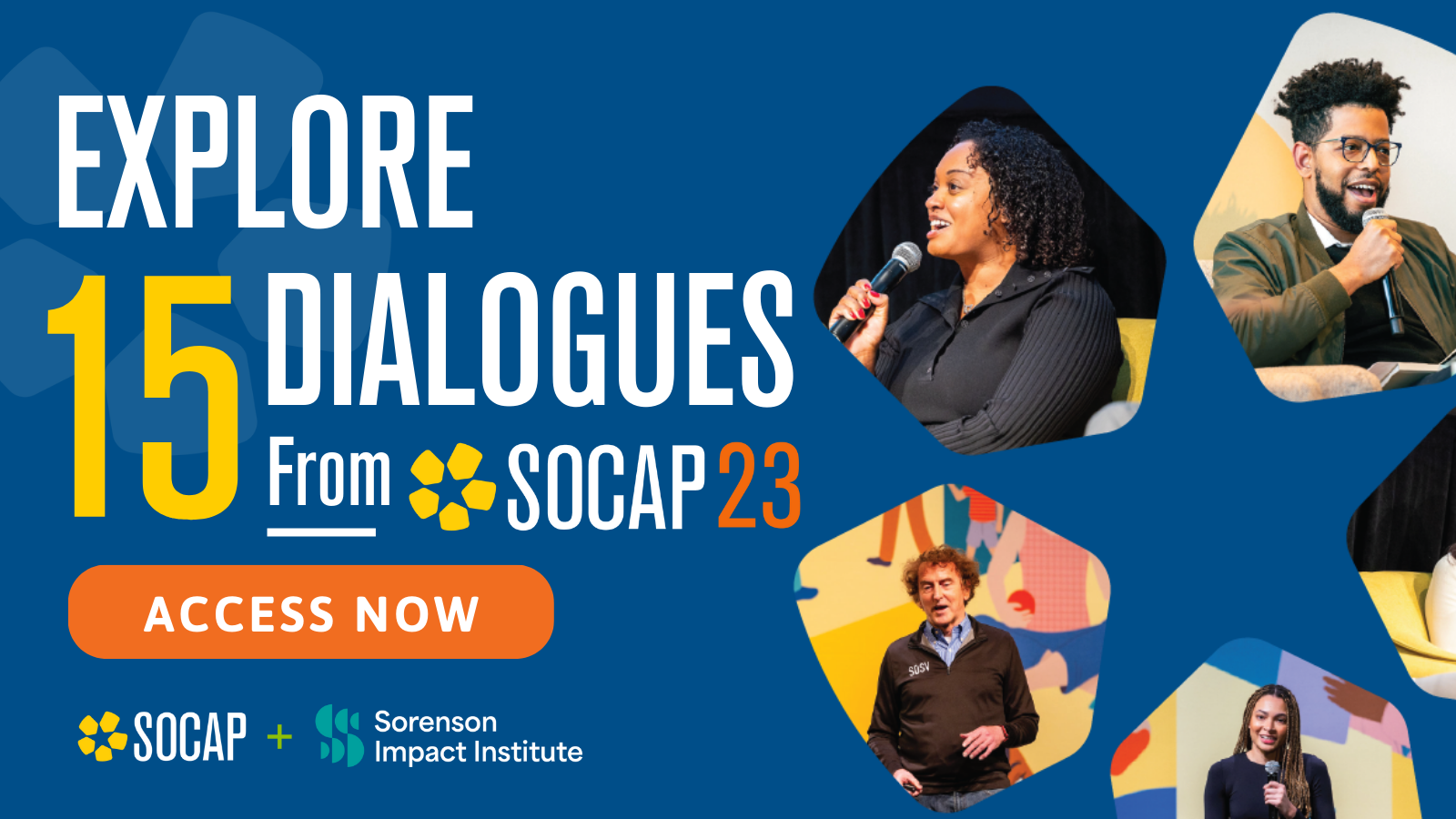Organizations around the world look enviously at the cultures created by the likes of Spotify, Netflix, Google and Atlassian. What’s immediately apparent when they go on their expensive field trips is the flexibility and dedication of the staff at these organizations when it comes to delivering work.
Command and control structures are absent, and in their place are highly motivated staff who co-create psychologically safe environments. Here, cognitive diversity flourishes and staff push each other to deliver work in short bursts (or sprints) to incrementally improve their products. They have a minimum amount of process, celebrate success and failure equally, make time for creativity, have healthy debate, and manage out people that contradict the values that they have agreed upon.
These organizations have taken the time to build an aspirational vision, a set of values and an agreement among the staff of how they will remain the best versions of themselves in order to get the job done well.
Additionally, these organizations don’t talk about “being agile” or try to copy others’ technical skills. They look outwardly at what works and never stop challenging their own modus operandi.
They select and cultivate staff members who are emotionally intelligent. They have the capacity to be aware of and control their own emotions in a way that’s empathetic towards others. Such interpersonal skills are the difference between vibrant working cultures and toxic ones.
That’s not to say that technical skills aren’t important. They absolutely are. Too many articles make success all about emotional intelligence — but people still have to know their job and take the time to develop their technical skills to the meet the challenges of today, not yesterday.
This will require that people stay abreast of what’s new in their world and relentlessly self-develop (training budgets aren’t what they used to be) in order to not only maintain their current level of technical competence but stay relevant for the future of work. Of course, the company will pay for some training, and often it’s the latest “silver bullet” method that’s seen as the answer to any cultural woes they may face.
But organizational culture trainings don’t work in isolation — not because there isn’t merit in their technical application, but because senior managers forget to create the right conditions in which they could add value and may not have the emotional intelligence to change their mindset and to embrace new ideas and ways of working.
These changes require people to have the self-awareness to understand what they’re good at and what they’re not, as well as the motivation and determination to change. Only then can they be willing contributors to cultural change and hold their fellow employees to account in displaying the behaviors expected of them.
Most people tend to prefer either technical or emotional skills, and while the former is important, the latter will always make the difference when moving from one cultural state to another.
The importance of emotional intelligence in workplace cultures has been downplayed for far too long. Yet, think of the people who make a difference at work. They’ll have done one or all of the following:
- taken the time to get to know people and modified their style
- set challenging but achievable goals
- made decisions around priorities to remove roadblocks to progress
- provided opportunities for development — often outside current expertise
- built a safe environment to which people feel connected
All of these actions are part of a person’s emotional skillset. They embody human factors that create emotional connection and lead to motivation, confidence, and inspiration. People’s basic humanity will always be the quality that great organizations look for when they’re searching for the leaders of the future. They’ll know that it’s easier to train someone on a technical skill than it is to change a person’s behavior.
Emotionally intelligent employees have always been the difference for high-performing organization cultures, and by placing emphasis on recruiting the values and behaviors expected over the technical skills that they have, organizations can build a vibrant successful culture that others will envy.






